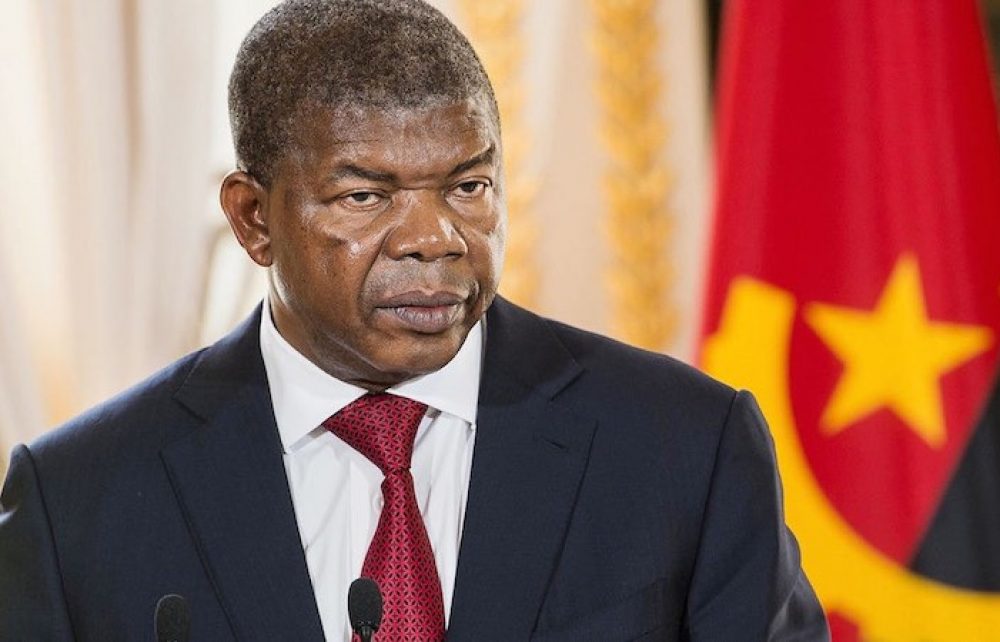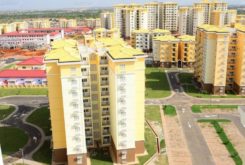The Covid-19 pandemic is having a severe impact on the global economy, from aviation and tourism to car sales. Already, markets have been upended, with commodities like oil being especially hit. With its economy still reliant on oil exports, Angola’s expectations to end a 4-year recession in 2020 are now fading away.
Speaking last Friday in Luanda, before his party’s Central Committee, Angolan president João Lourenço admitted that the country’s economic forecasts “should be rethought, reviewed and adjusted”, due to the drop in oil prices, caused by the coronavirus pandemic.
With oil revenues set do dwindle, Lourenço highlighted the need for the country to find new sources of foreign exchange. However, “the challenge is great”, the Angolan president warned.
Nonetheless, the country will not “abandon major commitments to citizens, the country and international financial institutions”.
Even before the new oil crisis, some analysts, including at the Economist Intelligence Unit, were warning of the possibility of a default by Angola on its foreign debt. According to the International Monetary Fund, the country’s debt is now around 111% of GDP, the highest level in its history.
Brent crude price was trading today at around 33 USD, half it’s value in January. For Nigeria, say Bloomberg analysts Alonso Soto and Antony Sguazzin, which depends on oil for 60% of fiscal revenue and 90% of foreign exchange, “that’s a disaster”. But, they add, “Angola is even more reliant on the fuel”.
The two countries are already struggling to sell their oil. Last week, Mele Kyari, chief executive officer of state-owned Nigerian National Petroleum, said 50 Nigerian oil cargoes have been stranded as traders can’t find buyers.
Angola’s budget for 2020 is based on a price of USD 55 per barrel. Substantial cuts will be necessary by the Government to balance the budget. Not only will lower oil prices mean less revenue, and spending cuts, but investments in the energy sector, particularly by oil companies, will also be slashed.
Angola’s mining sector, the country’s second most important source for foreign exchange, has been showing signs of vitality. But almost all minerals have seen their price drop in the last few weeks (iron ore and copper the hardest hit). On the other hand, gold has seen its price soar, as investors seek a “safe refuge” their wealth.
According to Ronak Gopaldas, a Consultant at South Africa’s Institute for Security Studies (ISS), “Africa has thus far been relatively resilient with regard to COVID-19 infections”, but “the opposite holds true when considering the economic effects”. “While the financial market impact is almost immediate, the economic consequences are likely to be deeper and last significantly longer. Limited flexibility on the policy front combined with an overarching structural vulnerability to the external environment mean that Africa’s economic road ahead is going to be a bumpy one”, he says on ISS’ most recent analysis on the impact of the pandemic.
Another risk for Angola is with the management of State debt: because an economic downturn will put the local currency, the kwanza, under further pressure against the US dollar, the country’s debt service (denominated in large part in USD) will grow exponentially.
Last week, Fitch lowered the rating for Angola to B- (positive outlook), reflecting the impact of lower oil production level and lower prices, together with a more significant than expected depreciation. The agency is particularly concerned about the impact of the weaker Kwanza on public debt. It also said that “solid” progress in the reforms supported by the IMF is not being sufficient to stem the deterioration in public finances and external accounts.
A recent report from the Natural Resource Governance Institute (NRGI), which examined 52 resource-backed loans made between 2004 and 2018, concluded that more than half the total amount of loans to Sub-Saharan African countries examined in the report came from China Development Bank and China Eximbank, with Angola topping the list (21.4 billion USD).
According to Angolan bank BFA, the Angolan Finance Ministry had, even before the market turmoil, “a slow start in financing to the year”. “The market is showing scarce demand for local currency securities at the current yield offered by the State”, says BFA in its flash notes.
The country issued domestic debt (2.2Bn AOA) in Treasury Bills (about USD 4.5 million) and USD 15 million in Dollar-denominated Bonds. The State has already issued 31.4% of planned Dollar Bond issues.
According to BFA, 4.5 billion USD in currency-linked Kwanza bonds mature in 2020 and no more issues of these securities are expected in 2020.




